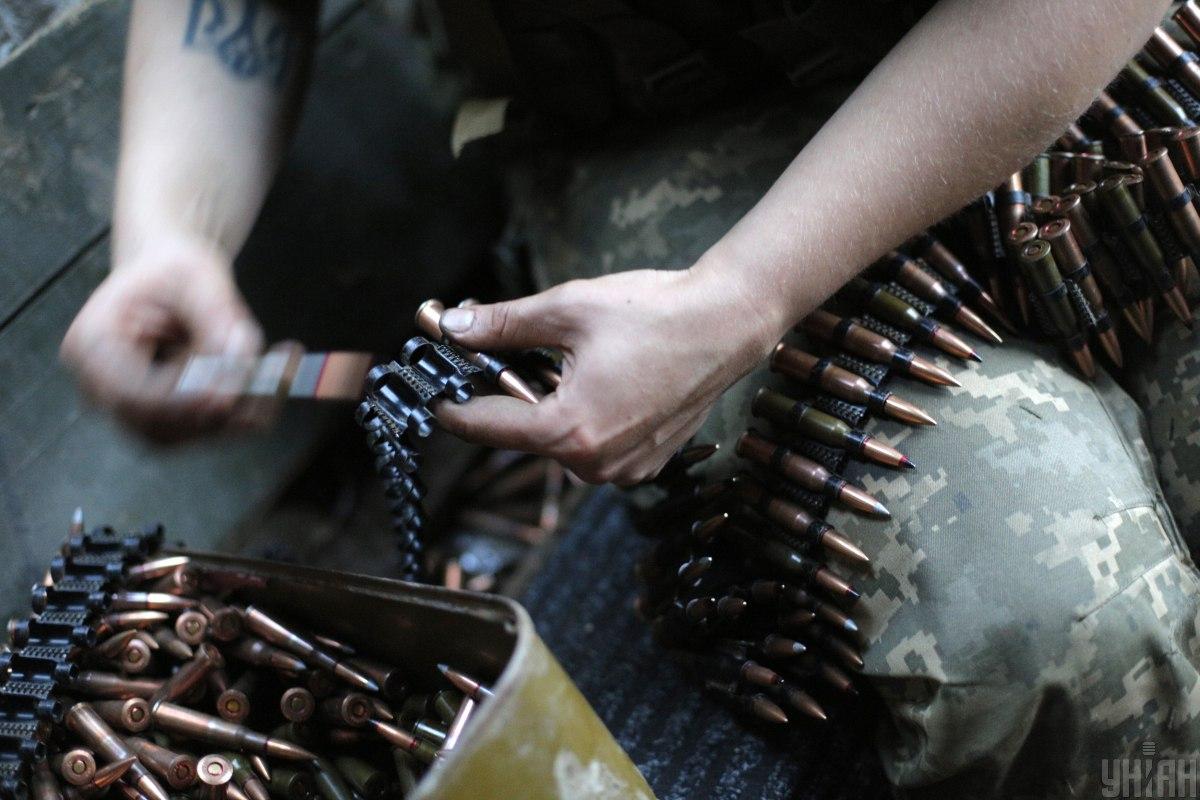
The European Union seems determined to 'speak the language of power' in principle, but it is still shy about doing it in practice. In spring, China's international outreach switched remarkably quickly from self-advertising 'mask diplomacy' into 'wolf-warrior diplomacy', shedding decades of low-key diplomatic practices.
Turkey deployed troops and sent arms to Libya to support the internationally recognized government (but breaking an international arms embargo), Nicu Popescu, the director of the Wider Europe Programme at the European Council on Foreign Relations and former minister of foreign affairs of Moldova, wrote for EUObserver.
Turkish ships managed to engage in threatening maneuvers against a French ship which was part of NATO naval mission around Libya. Failing to elicit strong enough Nato support, an indignant French government suspended its participation in the Nato naval mission. Russia deployed airplanes to Libya to support a warlord, but somehow got away with less international opprobrium than Turkey.
None of these practices are new. The last decade or so Russia excelled at such behavior. What is newer is that plenty of other powers seem to be singing from the Russian script. The previously dull public diplomacy of the Chinese ministry of foreign affairs is adopting the cocky tone of their Russian colleagues.
Turkey's intervention into Libya is not unlike the Russian intervention in Syria (but with a much smaller civilian death toll for now).
Read alsoBloody trail of Russian military in Libya – media
"Turkey's control of large swathes of territory in Northern Syria is reminiscent not just of decades-long Turkish control of Northern Cyprus, but also of Russia's control of several 'conflict zones' such as Abkhazia and South Ossetia in Georgia, Transnistria in Moldova and Donbas in Ukraine," the author said.
According to him, a similar prospect of partition frozen in time might await Libya, with various parts being supported by various external powers possibly for decades ahead.
To a degree, Russia is not responsible that other states have been increasingly adopting the Russian blueprint for geopolitical skirmishing with either the EU, or the US.
However, by pushing the limits of the internationally acceptable with such apparent ease, Moscow made such behavior increasingly appealing to other powers as well.
The West's usually meek reactions to Russia's diplomatic, cyber, propaganda, and intelligence skirmishing with Russia has taught everyone willing to challenge the US or bully Europe should not be too shy.
Take cyber attacks. Since at least the late 80s, great powers have mostly used cyber-intrusions for spying. Attempts to influence elections tell a similar story. Russia's first troll farms, sometimes called web-brigades, date from the mid-2000s and they were initially used in domestic politics.
Even though the EU adopted a legal framework that allows the introduction of sanctions against the (presumably identified and state-sponsored) perpetrators of cyberattacks, they have never been used.
The EU is nowhere near geopolitical relevance in either Syria or Libya.
"For fear of irritating Russia, the EU is still afraid of its own shadow when it comes [to] developing security (let alone defense) cooperation with countries like Ukraine and Georgia," reads the report.
As long as concrete EU policies remain so far behind the EU's declared desire to speak the language of power, the geopolitical disregard, sometimes verging on bullying, of the EU is likely to spread further.

